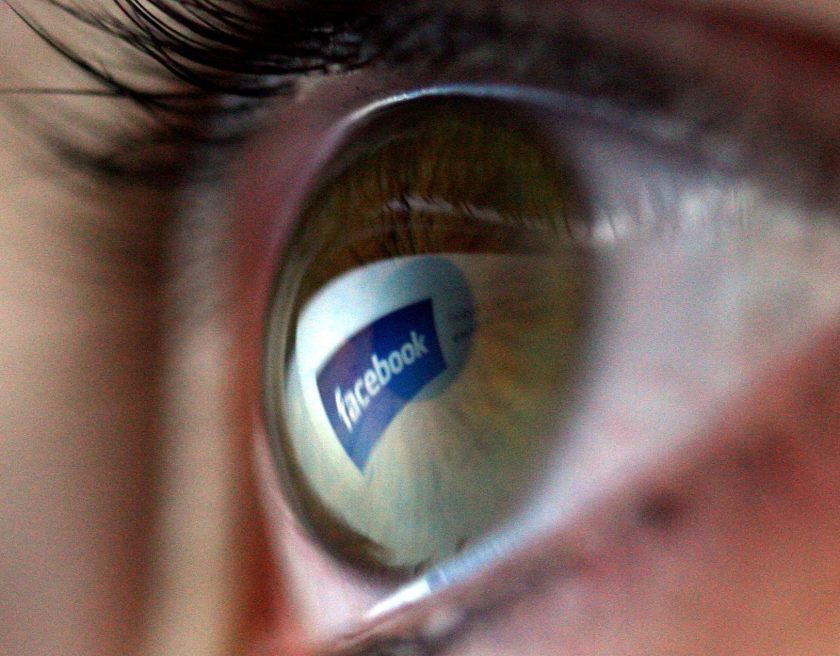
These web giants might be competitors, but they’ve teamed up to fight the global scourge that is terrorism. Facebook, Microsoft, Twitter, and Google (specifically, YouTube) announced this week that they will collaborate on a database of banned content that’s been used to recruit potential terrorists online, as part of an effort to wane the alluring power of extremist propaganda.
The quartet plans to build a catalog of photos and videos, identified with a distinct digital “fingerprints” called hashes, that have been removed from their respective platforms. Using this database of hashes, similar content can be identified on the various platforms and used to inform better and more comprehensive content policies.
“There is no place for content that promotes terrorism on our hosted consumer services,” the companies said in a joint statement. “When alerted, we take swift action against this kind of content in accordance with our respective policies.”
(Dimitri Otis/Photographer’s Choice/Getty Images)
Ultimately, the choice to remove the content falls to the individual social networks and tech giants. It’s something that’s proven particularly difficult for social media companies, toeing the line between protector and censor. Parody photos, meant to mock the type of recruiting propaganda currently targeted, are often flagged or removed as if they were legitimate propaganda. The cooperating companies hope the shared information will allow them to distinguish what’s actually extremist recruiting content and what isn’t more incisively.
The announcement comes after increasing calls for better vigilance against terrorist recruitment on social networks. The collaborative database follows a growing effort by Google to target those susceptible to digital terrorist propaganda and divert them to media that counter’s an extremist narrative (this is being executed via Google’s Jigsaw, a program that makes use of its ad services and pre-existing content from YouTube).
Learn more about Jigsaw here. You can read the joint statement, in full, here. Activist Rebecca MacKinnon explores the balance between combating online extremism and censorship in her stimulating TED talk below.
This article was featured in the InsideHook newsletter. Sign up now.






















